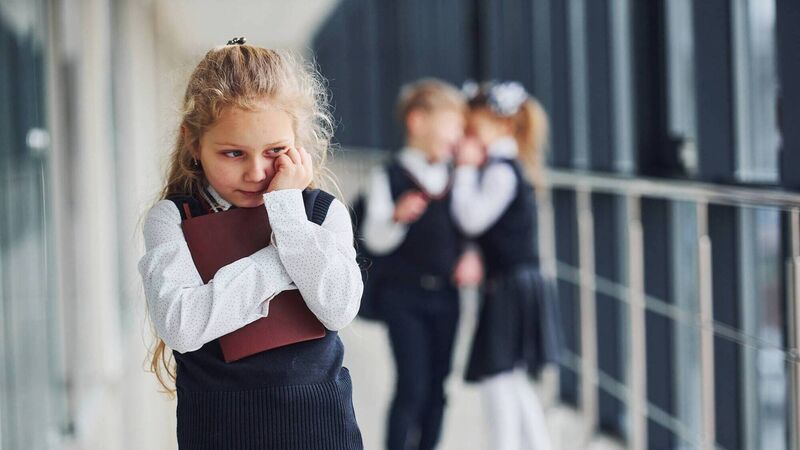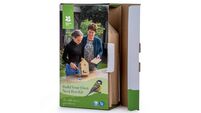Joanna Fortune: My child has been excluded from their friend group

Dr Joanna Fortune: "Sometimes, what our children experience in school is not bullying but falls under what we could describe as 'mean' or 'rude' behaviour, which can also be very challenging."
Bullying is very serious and should be treated as such.









